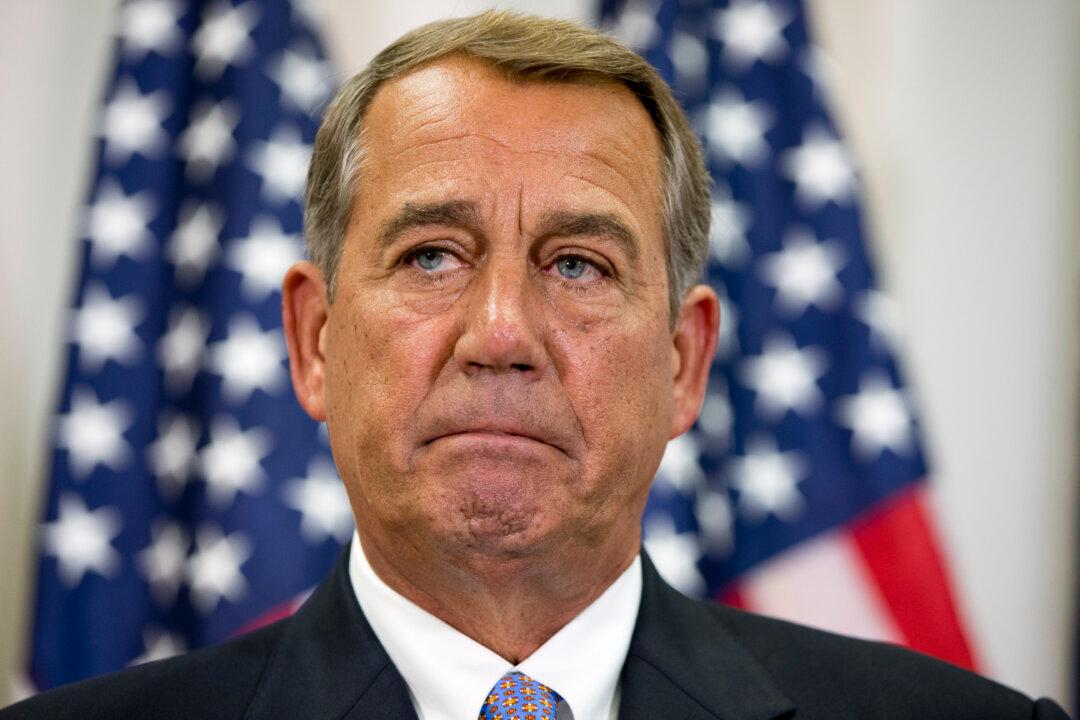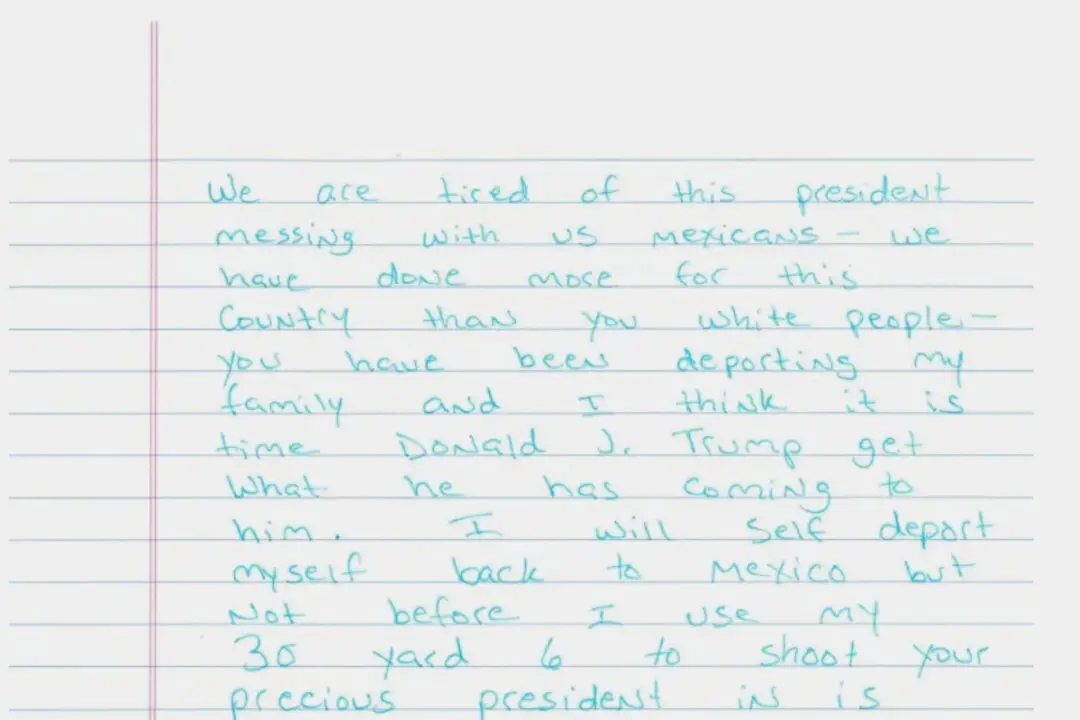WASHINGTON—Even though opponents of the Iran nuclear deal can’t win in Congress, they aren’t going to go quietly.
Conservative Republicans are vowing to take President Barack Obama to court, claiming he has broken the law by not providing Congress with all relevant documents pertinent to the deal.
“This debate is far from over, and frankly, it’s just beginning,” House Speaker John Boehner, R-Ohio, said Thursday. “This is a bad deal. ... We'll use every tool at our disposal to stop, slow, and delay this agreement.”
Here are the key reasons why critics oppose the deal.
They Haven’t Seen two Separate Agreements That Nuclear Inspectors Negotiated With Tehran
Republicans in the House claim that the Obama administration has not provided Congress with the text of two so-called “side agreements” that the International Atomic Energy Agency negotiated with Tehran. The law that gave Congress a chance to review the agreement for 60 days required the president to give lawmakers all relevant documents.
The conservative Republicans claim the 60-day clock never started and that they can’t cast votes on the deal because they are still waiting for all the documents.
The administration says it doesn’t have the separate agreements, and the nuclear inspection agency says confidentiality agreements prevent it from releasing them.
Rep. Mike Pompeo, R-Kan., is undeterred.
“We have members of Congress stand up and demand that they see the text of bills that rename post offices and yet this is a historic agreement and many of my colleagues are saying they are going to vote for it without even knowing what the details are about important components about how we’re going to verify whether the Iranian regime has complied with this agreement,” he said.
Iran is Getting More than $100 Billion from Economic Sanctions Relief
Opponents are outraged that Iran, a country that the State Department has labeled a state sponsor of terrorism, will be getting at least $100 billion in relief from economic sanctions that have choked Iran’s economy for years. They worry that Iran will use the money to ramp up its weapons programs and expand military assistance to forces in Syria, Yemen, Lebanon and elsewhere that oppose the U.S. and its allies.
Treasury Secretary Jacob Lew says that after sanctions are eased, Iran will be able to freely access about half of some $100 billion in foreign reserves. He said more than $20 billion is inaccessible because it is committed to projects with China and tens of billions of other restricted funds are in non-performing loans to Iran’s energy and banking sector.





